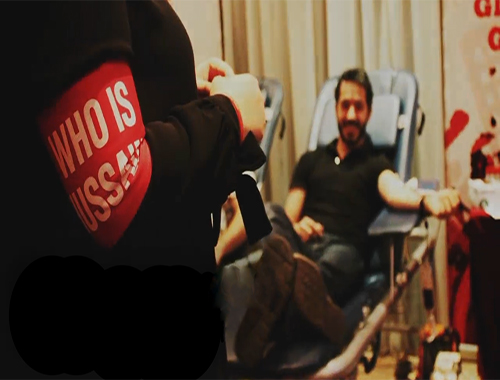Istinabah (Deputation)
- Details
- Hits: 2594
Istinabah (Deputation)
The Islamic duties (`ibadat)are divisible into three categories, depending on a duty's nature whether it mainly involves bodily acts or financial expenditure.
1. The purely bodily `ibadat are those which, like fasting (sawm)and prayer (salat), do not involve any financial aspect. According to the four Sunni schools, such duties cannot in any circumstance be delegated to a proxy (na'ib), either on behalf of a living or a dead person. But according to the Imamiyyah school, taking a na'ibispermissible on behalf of a dead person, though not for a living person, to perform sawm and salat for him, and under all circumstances.
2. The purely financial `ibadat are those which do not involve bodily acts, such as khums and zakat. In such `ibadat, all legal schools agree, it is permissible to take a na'ib. It is permissible for one to depute another to take out zakat and pay other kind of alms (sadaqat)from his assets.
3. The duties which involve both bodily and financial aspects, such as the Hajj, which requires such bodily acts as tawaf (circumambulation of the Ka'bah), say (to and fro movement between Marwah and Safa), ramy (the symbolic throwing of stones), and financial expenditures such as for the journey and its accompanying requirements. All the five legal schools agree that one who is capable of undertaking the Hajj in person and fulfils all the conditions thereof, should do so himself in person. It is not permissible for him to depute another to undertake it, and if he does so it would not relieve him of his obligation to perform it himself. If he does not do it in his life, according to the Shafi'i, Hanbali and Imamiyyah schools, he is not relieved of the duty because of the preponderance of the financial aspect, and it is obligatory to hire someone to perform the Hajj with a similar expenditure. In case he does not make a will for the Hajj, the amount should be taken out from his undivided heritage. [13]
According to the Hanafi and Maliki schools, he is relieved of the obligation due to the bodily aspect; but if he mentions it in his will, the expense is taken out from the one third of his inheritance‑‑like all other bequests‑‑and if he doesn't, istinabah isnot obligatory.

![take advantage of your [present] time](/en/media/com_hwdmediashare/files/99/f5/fb/5293162f4d04afb1ed8da3034e984340.jpg)









